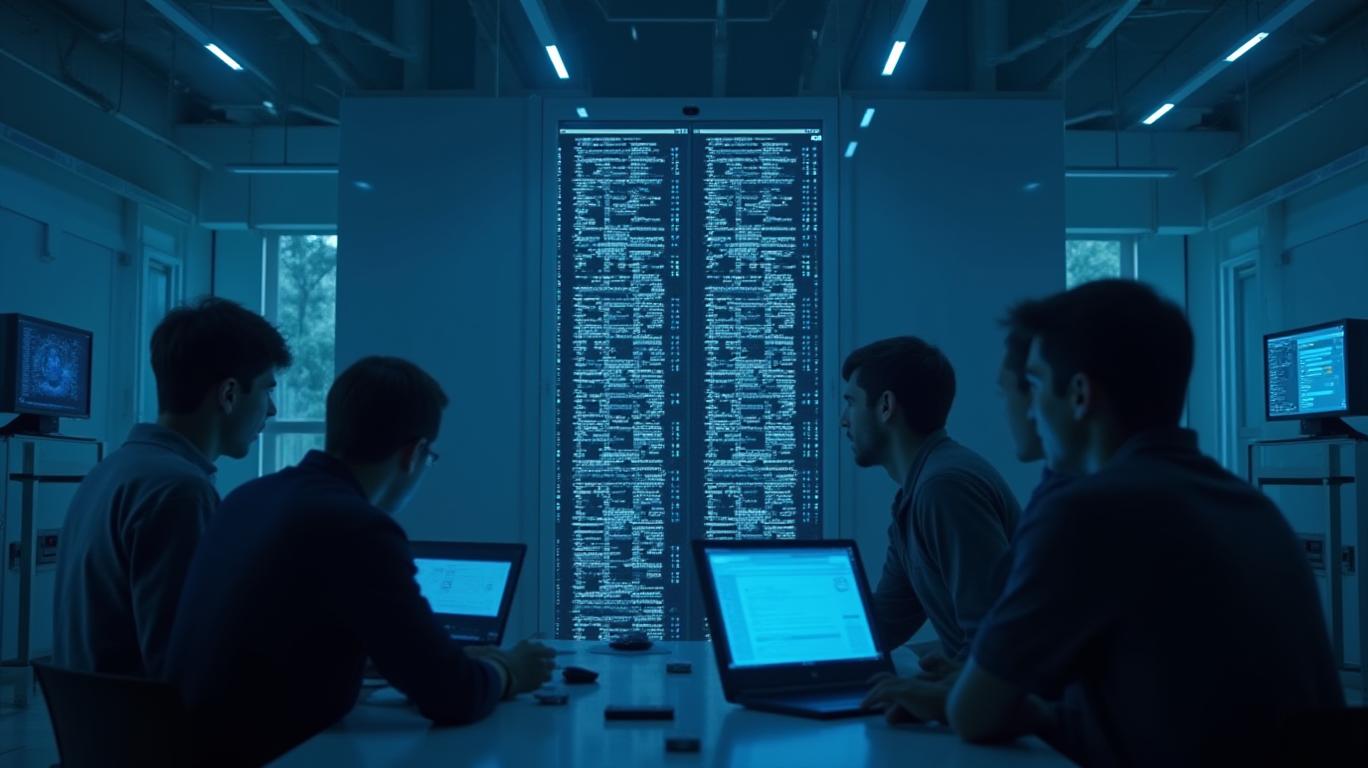OpenAI Predicts 99% Code Automation by Year-End
OpenAI's Chief Product Officer, Kevin Weil, has made a significant announcement, predicting that artificial intelligence will achieve 99% code automation by the end of this year. This bold statement highlights the rapid advancements in AI technology and its potential to transform the software development industry. The ability of AI systems to write, debug, and optimize code with minimal human intervention could lead to increased efficiency, reduced costs, and accelerated innovation in software development.
Weil's prediction underscores the growing capabilities of AI in automating complex tasks traditionally performed by human coders. This development is expected to have far-reaching implications for the tech industry, potentially revolutionizing the way software is created and maintained. The integration of advanced AI tools with existing development processes could significantly reduce the time and resources required for software development, allowing developers to focus on more creative and strategic aspects of their work.
The release of ChatGPT-5, the latest iteration of OpenAI's language model, is also anticipated soon. This new version is expected to build on the capabilities of its predecessors, offering even more advanced natural language processing and generation capabilities. The integration of ChatGPT-5 with AI coding tools could further enhance the automation of code generation, making it easier for developers to create and maintain software applications. This could lead to more sophisticated and efficient software solutions, as developers collaborate with AI systems to tackle complex problems.
However, the potential for AI to automate 99% of coding tasks raises questions about the future of software development and the role of human coders. While some may view this as a threat to job security, others see it as an opportunity for developers to focus on more creative and strategic aspects of software development. The automation of routine coding tasks could free up time for developers to work on more complex problems, innovateVATE--, and collaborate with AI systems to create more advanced software solutions.
Despite the potential benefits, the transition to AI-driven coding will not be without its challenges. Developers will need to adapt to new tools and workflows, and there may be resistance from those who are skeptical about the reliability and accuracy of AI-generated code. Additionally, there are ethical considerations to be addressed, such as the potential for AI systems to perpetuate biases present in the training data or to be used maliciously. These challenges will require careful consideration and planning to ensure a smooth transition to AI-driven coding.
In conclusion, OpenAI's prediction that AI will achieve 99% code automation this year is a significant milestone in the evolution of software development. The release of ChatGPT-5 is expected to further accelerate this trend, offering new opportunities for innovation and efficiency. However, the transition to AI-driven coding will require careful consideration of the challenges and ethical implications involved. As the tech industry continues to evolve, it will be crucial for developers and organizations to adapt to these changes and leverage the power of AI to create more advanced and efficient software solutions. 
Quickly understand the history and background of various well-known coins
Latest Articles
Stay ahead of the market.
Get curated U.S. market news, insights and key dates delivered to your inbox.



Comments
No comments yet